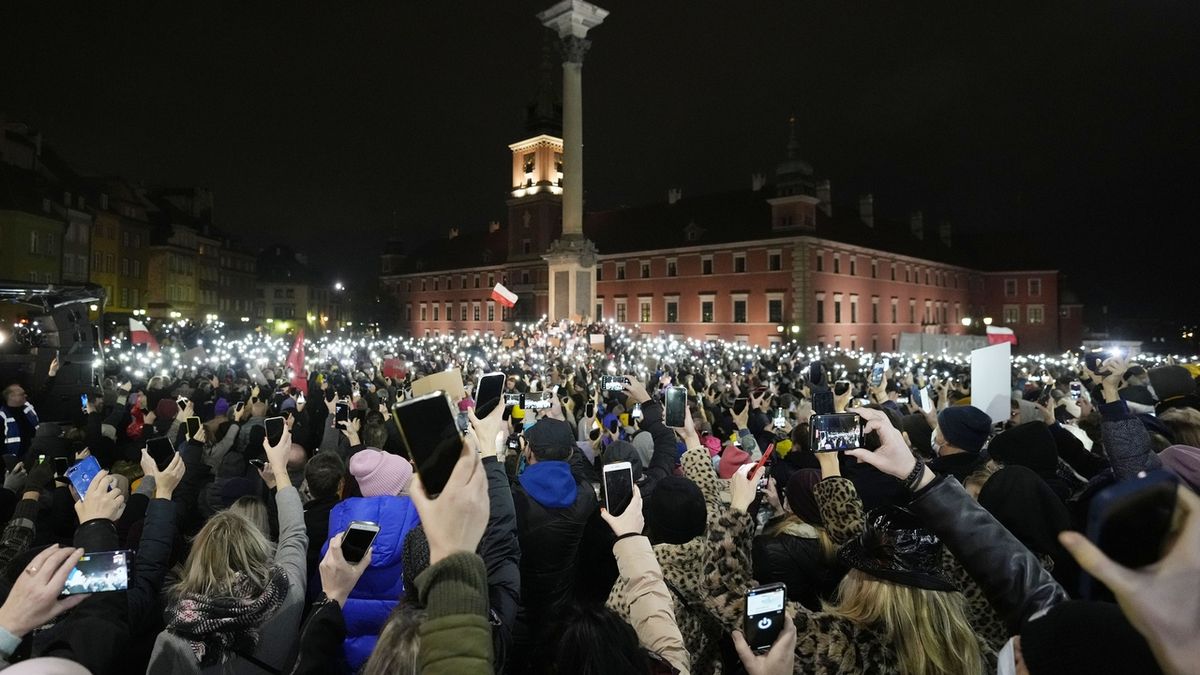#Jente #Posthuma #International #Booker #Prize #nomination #Writing #crack
When Jente Posthuma (1974) was lying awake at night a few weeks ago – she often has trouble sleeping – a message from her Australian publisher suddenly entered her mailbox. Her book was selected for the longlist of the International Booker Prize, the equivalent of the major English-language novel prize, for literature translated into English. “That was before it became public, so it was not yet stated who else had been nominated. So I immediately started Googling: how long is that list? Maybe there were a hundred books on it? But there turned out to be only thirteen. Then I woke up my husband and didn’t sleep for the rest of the night.”
On Tuesday it was announced that Jente Posthuma’s second novel What I’d Rather Not Think Aboutpublished in the Netherlands four years ago as Which I’d rather not think aboutIt even made it to the shortlist, the final six. That happened to a Dutchman once before in the almost twenty years that the prize has existed, Lucas Rijneveld The Discomfort of Evening – that also won the prize in 2020. Who wins this year will be announced on May 21.
After another two nights of poor sleep, Posthuma tells at the table in her Amsterdam living room how “overwhelming” the week was, “because it is something very nice, but that poor sleep immediately makes me emotional and fatalistic. I often have that: that there is a jury in my head that approaches everything from the negative side. Not that price, there is little negative about it. But such a nomination makes you very visible. And that’s what I want to be visible, but it also brings up all kinds of unconscious or suppressed fears in me. Hm, that sounds heavy right away, doesn’t it? But it is something that concerns me: I am now also working on a book about my fear of writing – a kind of fear of existence, or something like that. It’s a contradiction in me, because making myself known is the reason I write. But I also find it something very difficult.”
Also read
The story of a twin sister who has to miss her twin brother
Writership
When Posthuma made his debut with the novel People without charisma (2016), that was the surprise of her newly acquired writing skills: she turned out to enjoy going public. “During performances I was given free space to talk about the things that I find important, about my book. That was the nice thing: if you suddenly get that stage, you are also expected to take up that space – which was nice for me, because I am not inclined to do that on my own. Even though I am quite big,” she laughs. “Or maybe because of that.”
Her second novel was published in May 2020, when the world was closed and therefore also the bookstores, during the first corona pandemic. “An anticlimax, yes.” The fact that the second life of her book has now begun somewhat suits late bloomer Posthuma, who made her debut at the age of 42.
Which I’d rather not think about is the story of a woman who lost her twin brother to suicide. He suffered from depression, but was also the one his sister could always count on, a pillar of her existence. That story is rooted in what Posthuma himself experienced. “I have been very close with my sister,” says Posthuma. “But at some point she withdrew from my life. In this book I describe how the main character feels like the ground is disappearing under her feet, and I also experienced that at that moment. I could always lean on her, I thought, but that turned out not to be so obvious. I wrote this book to investigate what happened there, what happened inside me.”
Writing was a kind of grieving process – a kind of therapy, through which you learn to understand yourself a little better. Photo Bram Petraeus
Enlargement
To create clarity, the novel was an enlargement. Posthuma’s sister was not depressed or suicidal, but the withdrawal became a suicide in the book, “because for those left behind it can also feel like the greatest rejection there is: that someone apparently did not think you were worth living for.” . And her own sister is not a twin, but their relationship was almost symbiotic. “I was like a piece of furniture in her house – I liked that, but that became a problem. We were standing too close to each other. I had always liked that very much, I think because I learned from an early age to almost melt into relationships with others. I lived for my sister. I had such a symbiotic feeling before in my relationship with my mother, who was half of a twin herself. She came with my aunt on her honeymoon, so you can imagine where it came from. I don’t blame her, she undoubtedly acted with the best intentions, because she loved her children very much. But that merging became my strategy to survive, and it was also frustrating, because I couldn’t take up enough space in my own life.”
Which I’d rather not think about is constructed fragmentarily, in chapters of a few pages, sometimes a few pared-down paragraphs, full of tension between the lines. “Writing was a kind of grieving process – it doesn’t happen linearly. And a kind of therapy, through which you learn to understand yourself a little better. And therefore also other people.”
And how do you get ground under your feet again? That was Posthuma’s question while writing, almost therapeutically. “It’s a terrible cliché, but: if you are thrown back on yourself, you will be stronger in the end. Writing played a big role in that: it was the crack through which I could come out. It’s my way of manifesting, of feeling completely part of the world. And I say that carefully. Because the revulsion is still there.”
Share Email the editor












